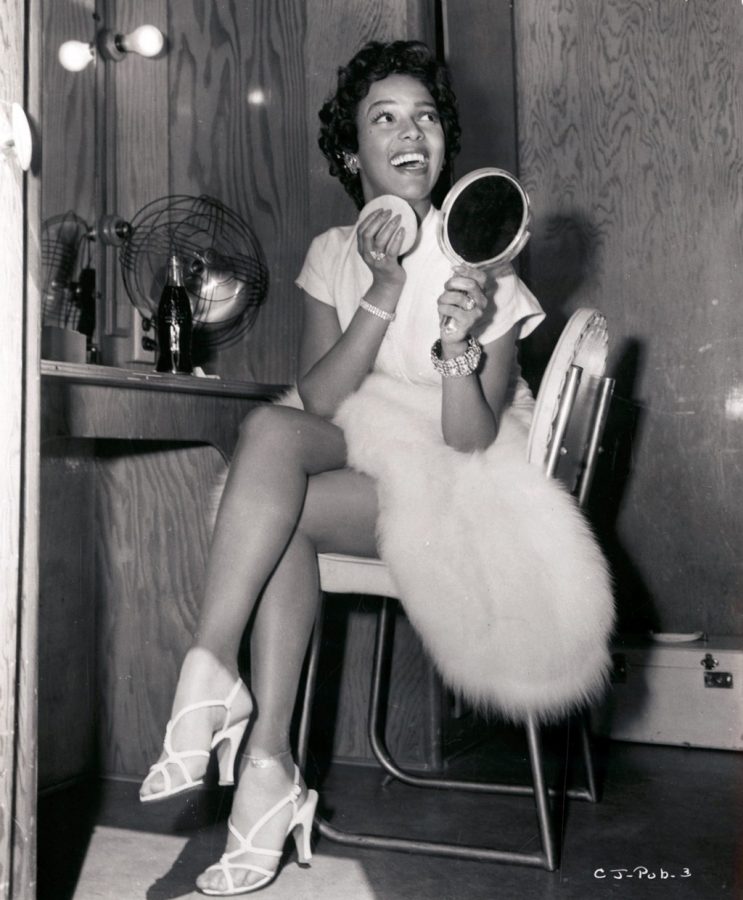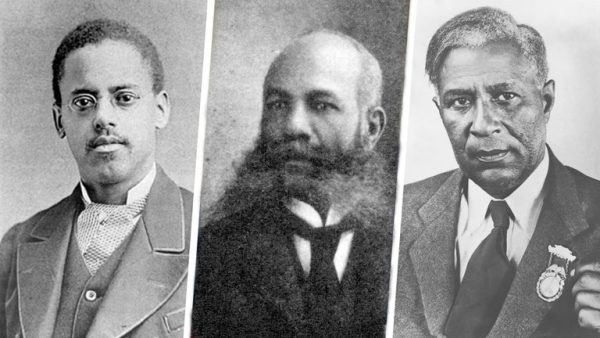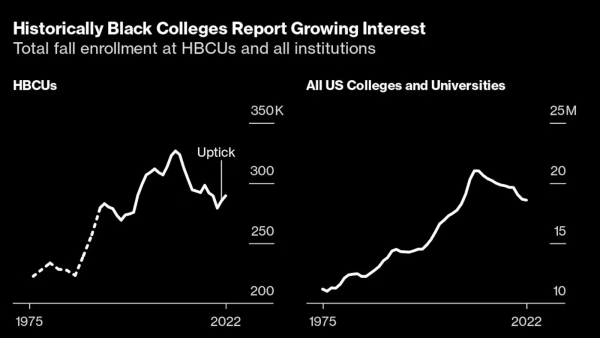BHM Unsung Hero: Dorothy Dandridge
Before Halle Berry made history as the first black woman to win an Academy Award for Best Actress in 2002, Dorothy Dandridge made history as the first black woman to be nominated for that same award almost 50 years earlier. Born on November 9, 1922, in Cleveland, Ohio, Dorothy was pushed into the limelight at a young age under the prodding of her mother, who was a former actress. In the midst of the Great Depression, Dorothy and her sister Vivian performed as “The Wonder Children” and sang in black churches across the country. As economic conditions worsened, their mother moved them to Los Angeles to promote their careers. Joined by a school friend, they formed a new group called the “Dandridge Sisters” and achieved moderate success and eventually reached venues like New York’s famed Cotton Club. Being an African-American performer, Dandridge dealt with the segregation and racism of the entertainment industry early on.
Dandridge began performing for the big screen as a teenager, earning a small role in her first film in A Day at the Races (1937). As she progressed in the film industry, Dorothy fell to the exploitation of Hollywood, as film studios promoted a sultry persona for her despite her considerable acting talents. With her success in the singing and acting circuits worldwide, Dandridge became an international star. She earned her first starring film role in Bright Road (1953) opposite the acclaimed Harry Belafonte. The following year, Dandridge starred as the eponymous lead in Carmen Jones (1954), an adaptation of Georges Bizet’s opera Carmen that also co-starred Belafonte. With her beautiful looks and flirtatious manner, the role launched Dandridge to become the first African American to earn an Academy Award nomination for Best Actress. Though she lost to Grace Kelly, Dorothy Dandridge broke barriers for black women in the entertainment industry and epitomized the outcome of hard work and determination.









































































